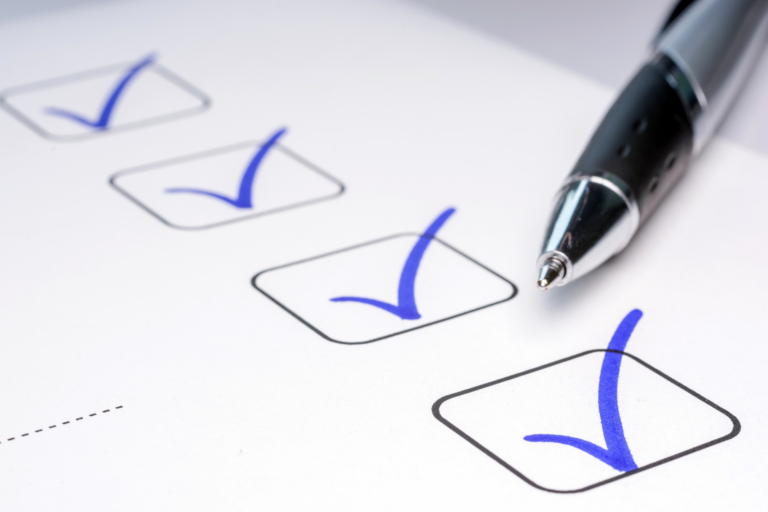If you have a loved one who passed away outside of the United States, you may be wondering if you can probate a foreign will in Florida. The answer is yes; however, there are some special rules and procedures that you need to follow.
Below, we will explain how to probate a foreign will in Florida and what challenges you may face along the way.
Is a Foreign Will Valid in Florida?
The short answer? Yes.
Florida law requires that a will be executed in the presence of two witnesses and signed by the testator (the person making the will) and the witnesses.
When it comes to foreign wills, an authenticated copy of a foreign will is valid in Florida if it was executed by a nonresident of Florida and complies with the laws of the country where it was executed. The foregoing does not apply to oral wills nor unwitnessed handwritten wills. In other words, the will must still be signed at the end by the testator in the presence of two witnesses who witness the execution.
How to Probate a Foreign Will in Florida
Probate is the legal process of proving the validity of a will and distributing the assets of the deceased person according to their wishes.
Depending on the value of assets, the time that has elapsed after the death of the deceased, and other factors, you might need to follow these steps:
- File a petition for administration.
This is the document that initiates the probate process and asks the court to appoint a personal representative (also known as executor or administrator) to handle the estate. You need to file the petition in the county where the deceased person owned property. You also need to attach a copy of the foreign will and a certified translation if the will is not in English.
- Publish a notice to creditors.
This is a public announcement that informs the creditors of the deceased person that they have a limited time to file their claims against the estate. The personal representative needs to publish the notice in a newspaper of general circulation in the county where the petition was filed and mail a copy to the known creditors.
- File an inventory of the estate.
This is a document that lists all the assets and liabilities of the deceased person that are subject to probate. The personal representative needs to file the inventory within 60 days of being appointed and send a copy to the beneficiaries and creditors of the estate.
- Pay the debts and taxes of the estate.
This is the process of settling all valid creditor claims and paying all federal and state taxes that are due from the estate. The personal representative needs to pay the debts and taxes before distributing the remaining assets to the beneficiaries.
- Distribute the assets to the beneficiaries.
This is the final step of the probate process, where the personal representative transfers the ownership of the assets to the beneficiaries according to the will. The personal representative needs to obtain a court order that approves the distribution and file a final accounting that shows how the assets were distributed.
Challenges You May Face When Probating a Foreign Will in Florida
Probating a foreign will in Florida may not be as straightforward as probating a Florida will. You may encounter some challenges and complications, such as:
- The foreign will may be contested by the beneficiaries or creditors
If the foreign will is not clear, consistent, fair, or properly executed, it may be challenged by beneficiaries or creditors who find it objectionable.
Some of the common grounds for contesting a foreign will are:
- The testator lacked the mental capacity to make a will, meaning that he or she did not understand the nature and extent of his or her assets, the identity and relationship of his or her beneficiaries, and the consequences of his or her decisions.
- The testator was unduly influenced by someone who coerced, manipulated, or pressured him or her to make a will that favored that person or someone else.
- The testator was fraudulently induced to make a will by someone who deceived him or her about the facts or the law that affected his or her decisions.
- The will was not properly executed, witnessed, or signed, as required by the laws of the country where it was made.
- The foreign will may be difficult to locate, authenticate, or translate.
If the foreign will is not in your possession, you may have to search for it in the country where it was made, which may involve contacting the deceased person’s attorneys and relatives.
You may also have to obtain a certified copy of the foreign will and a certified translation if the will is not in English.
These steps may take time and money and may require the assistance of a professional who is familiar with the laws and procedures of the foreign country.
We Can Make the Probate Process Easier and Smoother
Although probating a foreign will in Florida may seem daunting, it does not have to be. We can help you.
At Jurado & Associates, P.A., we specialize in probate and estate planning, and we have the experience and expertise to handle any probate matter, including foreign wills.
We will help you:
- Understand the probate process and your options.
- Complete the probate process efficiently and effectively.
- Save time and money.
If you have any questions or if you need legal assistance with any other probate issue, please do not hesitate to contact us today.
You can reach us by phone at (305) 921-0976, by email at [email protected], or by WhatsApp at +1 (305) 921-0976.






